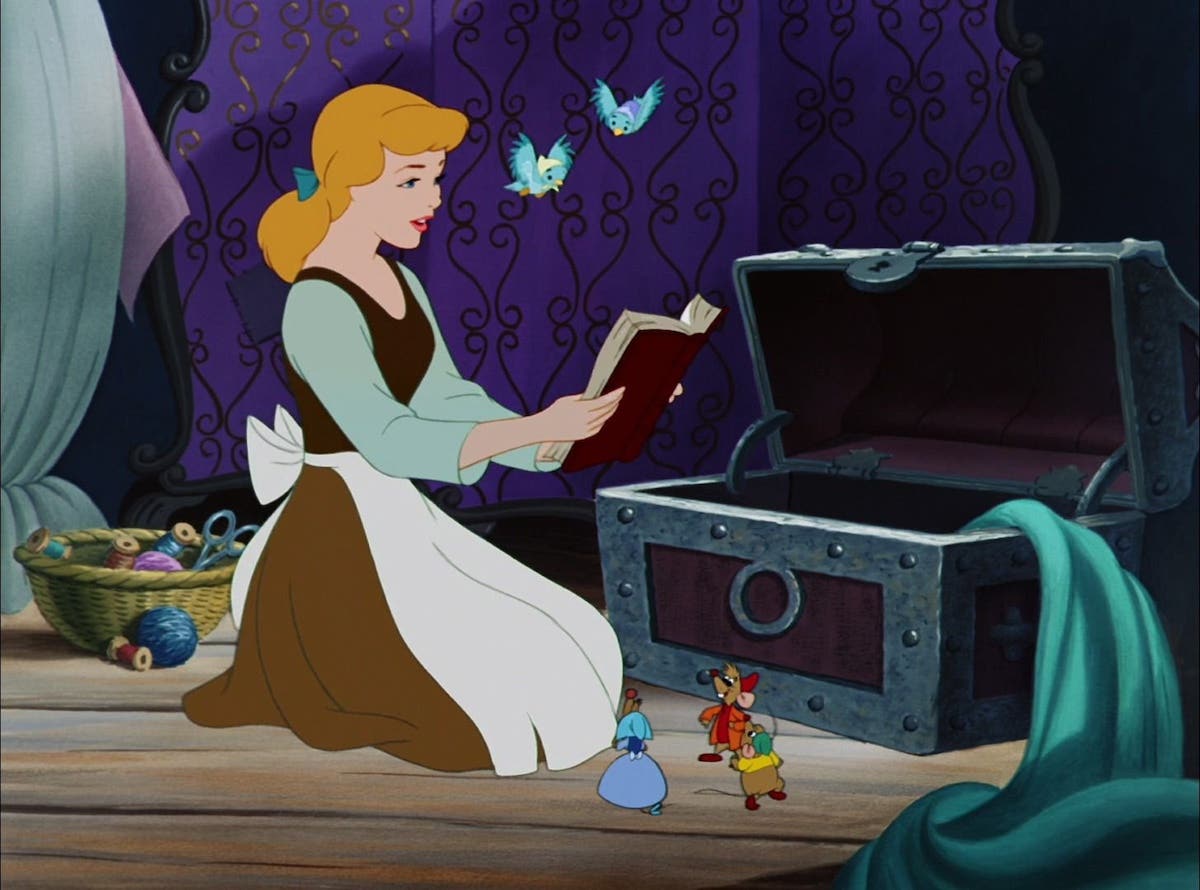Balls of Steel™: No Comfort in the Zone
If you’re too comfortable with what you’re writing, maybe you aren’t pushing yourself hard enough. Get uncomfortable in the zone.
“Life begins at the end of your comfort zone.” - Neale Donald Walsch
When the above quote appeared in my Twitter stream, it gave me pause.
“Comfort zone” is an expression we use often, but rarely contemplate its meaning or how it affects our daily choices, both as writers and humans. Its mere title implies safety and security – a warm and fuzzy place, akin to your grandma’s lap, with the smell of chocolate-chip cookies baking.
To me, getting comfortable in your comfort zone is dangerous. Very dangerous. In fact, I’d argue it will not only keep you from growing as a writer, it will also cease you from evolving as a person.
Let’s call it what it is: the “familiar zone.”
Living life in familiarity isn’t living. It’s playing it safe – insert yawn.
Can you imagine going to an amusement park and only watching other people on the rides? Sure, you'll be secure on the ground, but you won't have felt your heart pound out of your chest or stomach turn with fear as the wind whips through your hair. If you're not a rollercoaster junkie, imagine your life never having fallen in love. You're guaranteed not to get your heart broken, but you'll never feel the joy and passion of loving another person from the depths of your soul and with your entire body.
That's not living.
Writing what is familiar is the norm, but it can also be boring. Frankly, our daily lives aren’t that interesting. If we relate too much to our characters, we don’t push them or even see their flaws. Or perhaps you can see the flaws but are afraid to explore them, outing your own skeletons.
When I wrote Slavery by Another Name, this little white girl from the North was so far outside her comfort zone she might as well have been on Mars. What did I know about being black and enslaved in Alabama in 1903?
Not so much.
But by putting myself on the plantation with those slaves, day in and day out, and then a courtroom with slavery-addicted whites, I eventually got comfortable writing in their world and exploring their minds. By the end of the first draft, the story was so much a part of me I spoke with a Southern accent, and my children were convinced I was a reincarnated African-American slave.
If I could write that world, I could write any world.
Something magical happens when you step outside of your comfort zone. You start getting comfortable being uncomfortable.
When the next challenge presented itself, I didn’t flinch. OK, maybe I flinched a little, but then I grabbed it by the horns. This time I was to immerse myself in the world of Sherlock Holmes for a TV show in development in the UK. I didn’t know squat about Sherlock, except in the American version, Robert Downey, Jr. is the hot actor I’d happily pay $10 to watch tie his shoes.
Instead of panicking, I dove into research mode and wrote an hour-long episode about a whorehouse hostage takeover set in Victorian London. Before you ask, I have no experience with brothels either, but I wrote an opening scene of bondage, spanking, and threesomes that would make Benny Hill blush. Sadly, you’ll never get to see it because the show wasn’t picked up, but I wouldn’t trade that experience for anything.
Again, I grew as a writer.
Pushing outside of your comfort zone also forces you to grow as a person. I’m not the same woman I was before writing Slavery by Another Name, or the Sherlock episode, or my short film, or any Balls of Steel post, or… you get my point.
Comfort zones are places that keep us from facing our fears, growing, or pushing our limits.
I challenge you to get uncomfortable in your zone. Write something that scares the hell out of you. Push a character to a place that makes them deeply uncomfortable. Challenge their coping skills. Push yourself in your own life to do something horrifying and totally out of character – short of murder, of course.
However, if you do happen to murder someone, please don’t tell the cops I gave the order. I’m Sicilian, but I don’t do horse heads. Thank you very much.
I do, however, practice what I preach. I’m writing and producing a short film called Impasse with director Michael Bekemeyer. Beyond making a short we’re proud of, our goal is to push ourselves past all comfort zones to do what is best for the project. The final result is about challenging every individual involved to bring their A game, making the film and each other shine.
As a litmus test (and maybe just for fun), every day I ask, “What will scare Bekemeyer?” Then I do it. He’s either going to hate me at the end of this or love me, but either way, we’ll both be better for it, and so will Impasse.
Get comfortable being uncomfortable. It’s the only way to live.
Jeanne Veillette Bowerman is a Senior Executive at Pipeline Media Group and Book Pipeline, Editor-in-Chief of Pipeline Artists, Director of Symposium—a year-round conference in the arts, co-host "Reckless Creatives" podcast, partner at Fringe Press, former Editor-in-Chief of Script magazine and a former Senior Editor at Writer's Digest. Recognized as one of the "Top 10 Most Influential Screenwriting Bloggers," her "Balls of Steel" column was selected as recommended reading by Universal Writers Program. A compilation of her articles is now available at The Writers Store—Balls of Steel: The Screenwriter's Mindset. She is also Co-Founder and moderator of X's weekly screenwriters’ chat, #Scriptchat, and wrote the narrative adaptation of the Pulitzer Prize-winning book, Slavery by Another Name, with its author, Douglas A. Blackmon, former senior national correspondent of The Wall Street Journal. More information can be found on her website. X: @jeannevb | IG/Threads: @jeannevb_ | BlueSky: @jeannevb.bsky.social





![The Era of the Multi-Hyphenate: An Interview With Writer and Filmmaker Mario O. Moreno [SERIES]](https://scriptmag.com/uploads/MjEzMTEyNzA4NjQ2NTc3NjE1/the-era-of-the-multi-hyphenate-series-script-hero.png?format=auto&optimize=high&width=1440)

